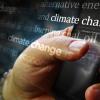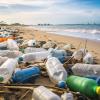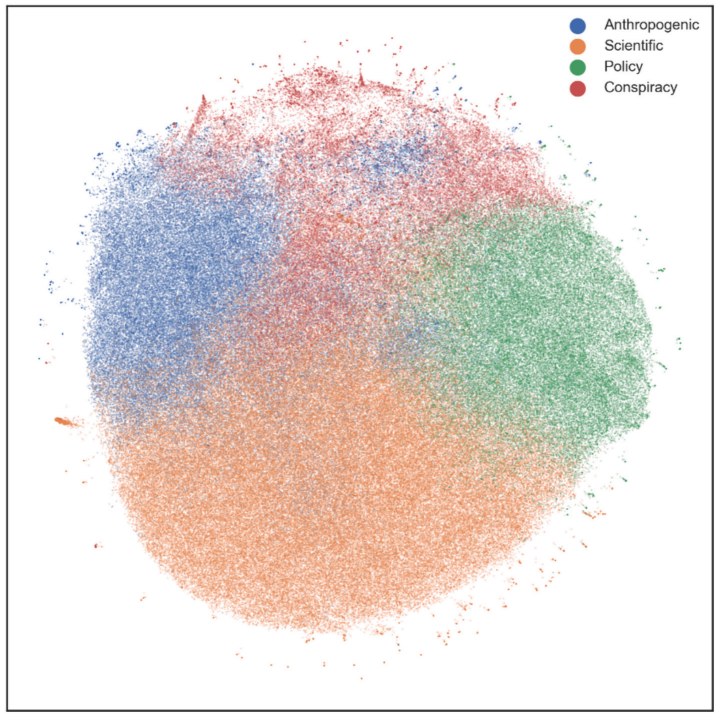
IIASA researchers contributed to a new study, analyzing the main narratives in public discussions of climate change on social media.
Online social media platforms play a major role in shaping individual attitudes and behaviors, serving as popular sources of information as well as a forum for public discussion. These platforms have also piqued the interest of researchers, as they provide a window into public perceptions on prominent global issues like climate change.
IIASA Cooperation and Transformative Governance Research Group Leader, Nadejda Komendantova and her colleagues from the University of Oregon in the US and the College of Law & Business in Israel, recently undertook a study to decipher these narratives. They identified the most popular narratives in the discussions of climate issues on X (formerly Twitter), using a selected sample of 333,635 English tweets focusing on man-made climate change. The team reviewed and categorized the content of the tweets and common patterns, as well as the influence major climate events and reports have on public awareness and involvement in the discussion.
The study employed Natural Language Processing (NLP) and machine learning methods to analyze the meaning of the tweets and cluster them into four main categories corresponding to the most prominent narratives, as well as the most common stances and sources used in each cluster:
- Anthropogenic cluster – tweets focusing on whether man-made climate change is real or not. This cluster commonly references websites that serve user content, such as YouTube, Rumble, and WordPress.
- Scientific cluster – tweets that rely on scientists and scientific findings to discuss the narrative of man-made climate change.
- Policy cluster – tweets mainly discussing policy matters, such as the importance of climate change mitigation to reduce greenhouse gas emissions. Commonly references the Intergovernmental Panel on Climate Change (IPCC), The Guardian, The New York Times, The Washington Post, and others, as well as the Nature Journal’s website.
- Conspiracy cluster – tweets related to conspiracy theories. These posts commonly reference websites that serve user content, such as YouTube, Rumble, and WordPress, as well as websites promoting the narrative that climate change is not caused by humans.
“Understanding the different narratives surrounding the discussion of anthropogenic climate change on social media can help improve communication policies and enable better outreach to different social groups,” explains Komendantova. “It can also help to enable better exchange of best practices among the different stakeholders, which is important for achieving the Sustainable Development Goals.”
The results show that the existence of climate change, the human factor leading to the current situation, and the solution are contested issues that attract controversial discourses. The authors emphasize the challenges related to climate change adaptation and mitigation measures, notably the necessity of increasing the awareness of the population about climate issues as part of the adaptation process.
The analysis shows that major events, such as extreme weather events and significant climate change reports and conferences focuses attention on the discussion about climate change on social media and increase the daily frequency of tweets in different clusters.
The authors also highlight that conspiracy theories are continuously present on social media, and climate change conspiracy theories are no exception. For this reason, measures are continuously needed to counteract them, such as providing adequate, reliable, and correct information.
“Communication strategies should address misinformation and conspiracy theories on various social media platforms by monitoring multiple platforms while providing tools for debunking incorrect information about the existence of climate change, its causes, and its consequences,” notes Komendantova.
The study also provides recommendations for further analysis, such as further investigation of specific clusters or replication of this methodology in languages other than English.
Reference:
Elroy, O., Komendantova, N., Yosipof, A. (2024). Cyber-echoes of climate crisis: Unraveling anthropogenic climate change narratives on social media. Current Research in Environmental Sustainability. https://doi.org/10.1016/j.crsust.2024.100256. [https://pure.iiasa.ac.at/19811]
News

28 June 2024
Drowning in waste: pollution hotspots in aquatic environments

21 June 2024
Supporting the right small changes can have big impacts

18 June 2024


